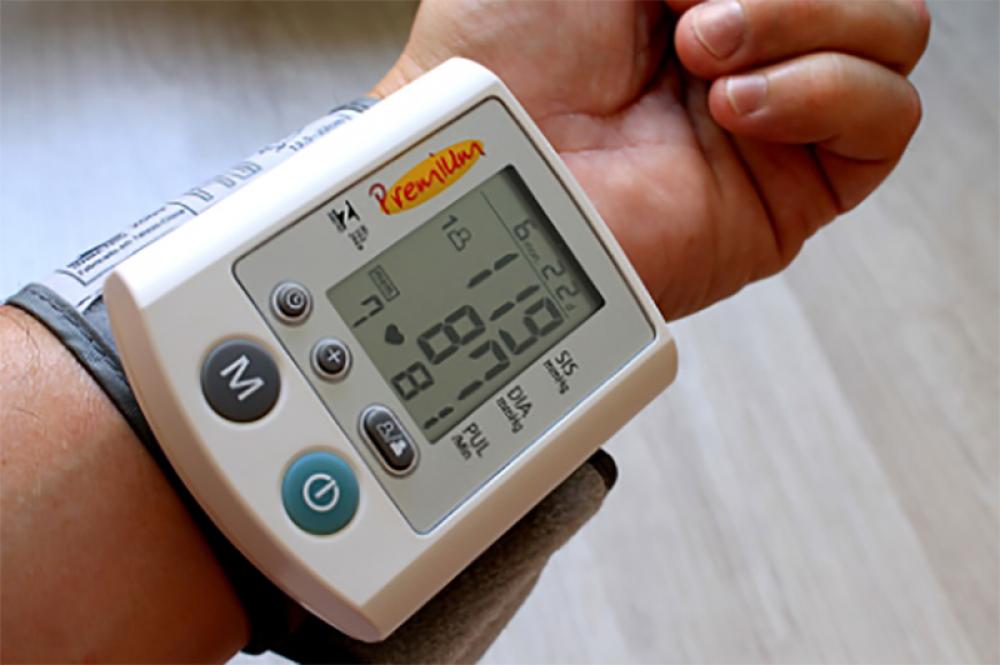Just Earth News | @justearthnews | 10 Apr 2023, 07:48 am Print

Image: Pixabay
Having high blood pressure in your 30s is associated with worse brain health around age 75, especially for men, according to a new UC Davis study.
The research, published this week in JAMA Network Open, compared magnetic resonance imaging (MRI) brain scans of older adults who had high blood pressure between the ages of 30 to 40 with older adults who had normal blood pressure, read UC Davis website.
The researchers found that the high blood pressure group had significantly lower regional brain volumes and worse white matter integrity. Both factors are associated with dementia.
The research also showed that the negative brain changes in some regions — such as decreased grey matter volume and frontal cortex volume — were stronger in men. They note the differences may be related to the protective benefits of estrogen before menopause.
“Treatment for dementia is extremely limited, so identifying modifiable risk and protective factors over the life course is key to reducing disease burden,” said first author Kristen M. George, an assistant professor in the Department of Public Health Sciences.
“High blood pressure is an incredibly common and treatable risk factor associated with dementia. This study indicates hypertension status in early adulthood is important for brain health decades later,” George said.
High blood pressure prevalent in U.S.
High blood pressure, also known as hypertension, is blood pressure that is higher than normal. A normal blood pressure level is less than 130/80 mmHg. The Centers for Disease Control and Prevention estimates that 47% of adults in the United States have hypertension.
The rate of high blood pressure varies by sex and race. About 50% of men have high blood pressure compared to 44% of women. The rate of hypertension is about 56% in Black adults, 48% in white adults, 46% in Asian adults and 39% in Hispanic adults. African Americans ages 35-64 years are 50% more likely to have high blood pressure than whites.
- Alarming projection: Global breast cancer cases could cross 3.5 million by 2050, shows study
- Exam stress to emotional distress: Study reveals the dark side of academic pressure
- Vegetarian diet linked to lower risk of five major cancers, study finds
- Ukraine’s health system under fire: Attacks spike 20% in 2025, WHO warns
- A dog’s loving lick turned deadly — She woke up without her limbs





-1763561110.jpg)
